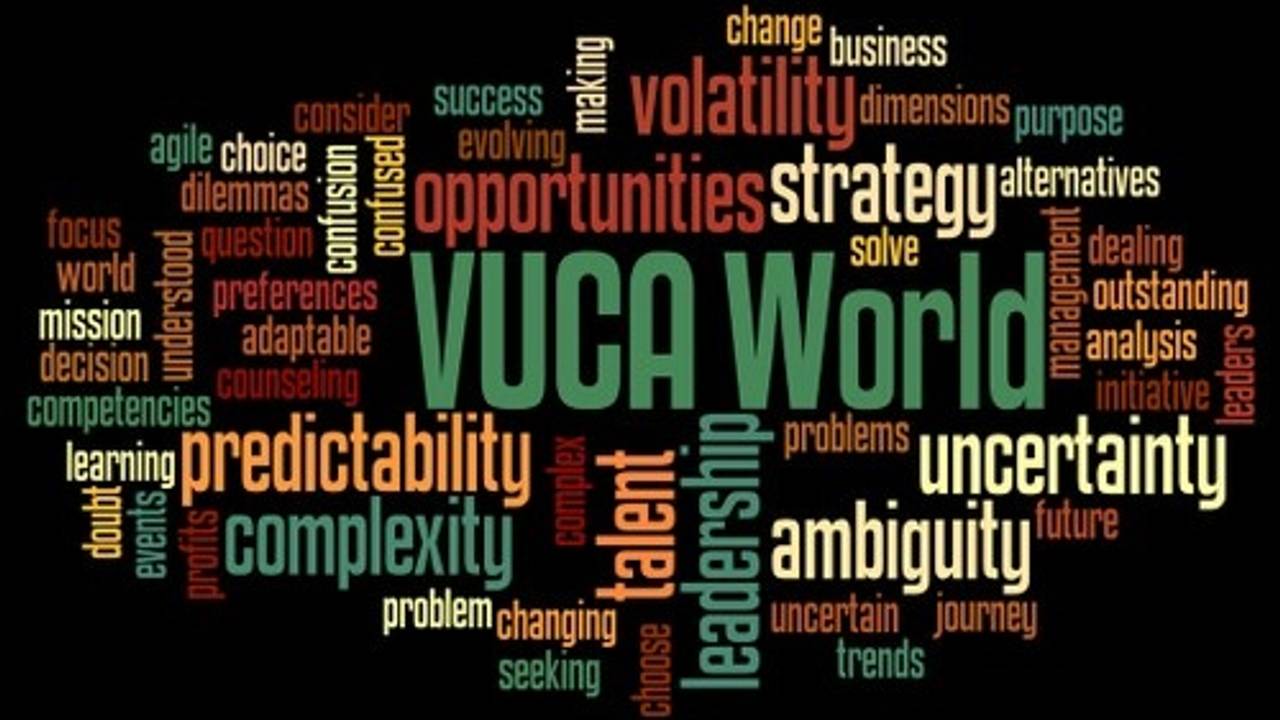
Dr William Glasser’s Choice Theory teaches us that we exist in ‘The Real World’. The more personal responsibility we accept and resist blaming external circumstances, the more effectively we can take control of our lives.
A quote that aligns with his philosophy on facing challenges in the real world is:
“We almost always have choices, and the better the choice, the more we will be in control of our lives.” — Dr William Glasser
This notion is noble and empowering but remains difficult for many to achieve. What is it that shifts us to action? What is it that takes us from helplessness and victiming to a position of willingness and readiness to change our behaviour?
Ralph Waldo Emerson says: “Do not go where the path may lead, go instead where there is no path and leave a trail.”
This quote reminds us that courage, creativity and leadership of self are critical character competencies that empower us to take on our perceived challenges of the world. It reminds us that behaviour change and tackling a challenge through grit and innovation is hard. In the midst of an increasingly complex world, no wonder we are seeing so many people sit in struggle with hesitation and fear.
My curiosity leads me to seek to understand the complexities of our world and the various sectors that Glasser Australia attempts to support. What are the perceived challenges? I asked some of our current faculty members to share their thoughts in relation to their respective fields of work:
Education – I think the biggest challenge facing educators in the Real World today, is the expectation to be ‘responsible’ for managing the holistic wellness of communities (students, teachers, parents, community members) as well as manage the behavioural expectations of society (ie ‘fix’ the problems of Gen Alpha) under the constraints of systemic expectations, lack of time, influence of technology and limited support services. Sarah Rudling
Business – ‘Geopolitical forces are having unpredictable impacts on established market conditions. How Australian businesses address this with an upcoming election will be at the forefront of every business leader’s mind.’ Laura Halliday
Community – I see people struggling with questions such as these: “How will I afford a roof over my head? How can I earn enough money and still have time for my family? How do I parent my children well? What information can I believe? Am I safe in my community? Who and what can I trust? How can I stay mentally healthy so I can navigate this complex world? I sometimes think I’m going under.” Sue Berry
Counselling – The art of building a relationship and being curious to gain an understanding of the clients perceived world without judgement, which can lead to exploring challenges and options and ultimately choices to achieve what the client may want. Susan Fleming
Leadership – ‘With a diverse, global, multi-generational workforce, aligning teams under a shared vision and values base is more challenging- but essential. Cultural intelligence and inclusion are necessary for motivation and retention. Leaders must be adaptable and make decisions with incomplete or constantly changing information.’ Duncan Davison
If we are to have the gumption and courage to seek creative solutions, design new behaviours for tackling challenge and build the competency to accomplish successful change, perhaps the first step is the competency of curiosity.
What are your challenges in our current real world?
We invite you to share your thoughts on your perceived challenges of the real world?
How does your understanding of Choice Theory help you navigate the complexities and uncertainty in today’s world?
What Choice Theory axioms help you to gain more effective control?



After study a few of the blog posts on your website now, and I truly like your way of blogging. I bookmarked it to my bookmark website list and will be checking back soon. Pls check out my web site as well and let me know what you think.